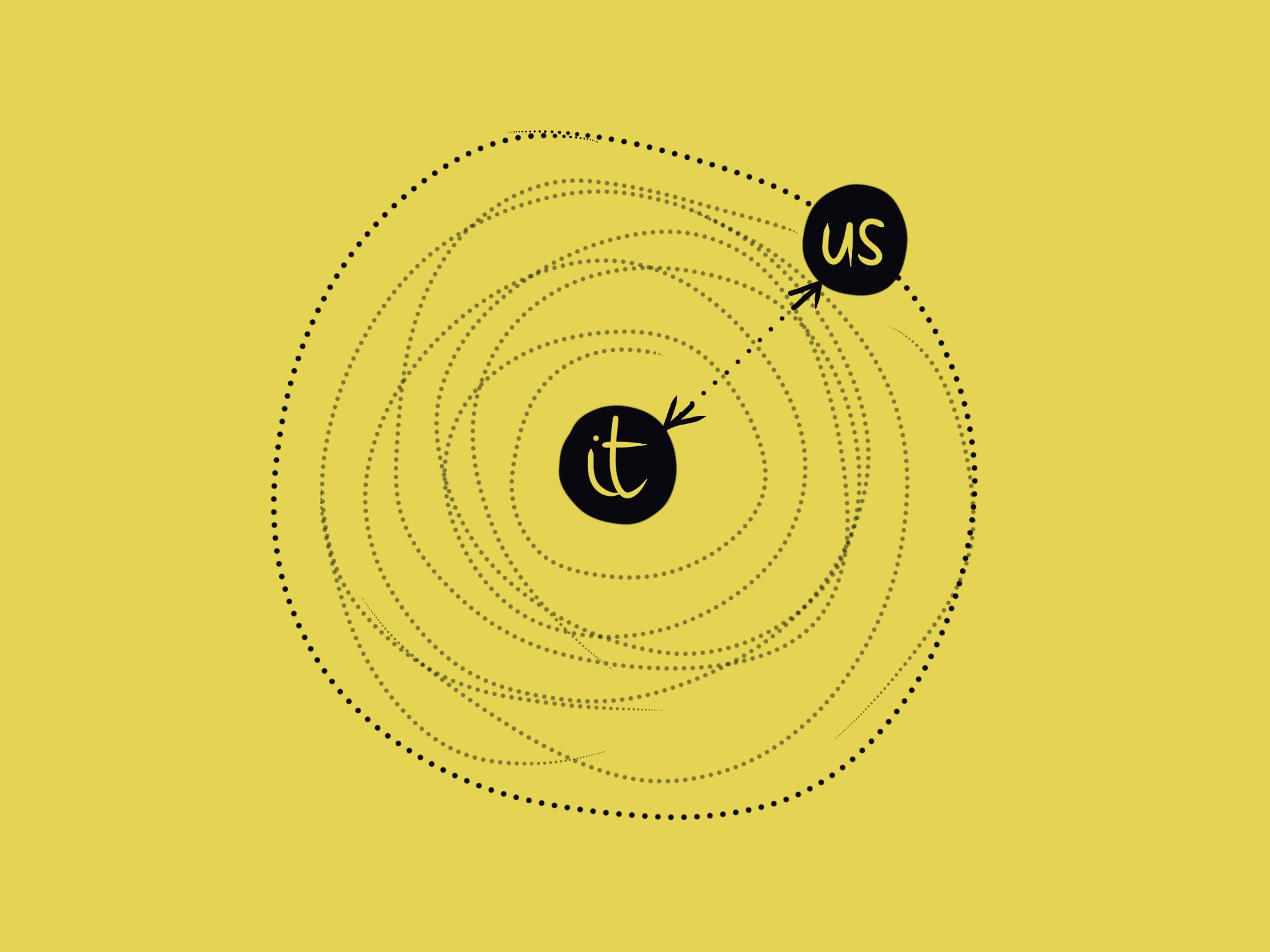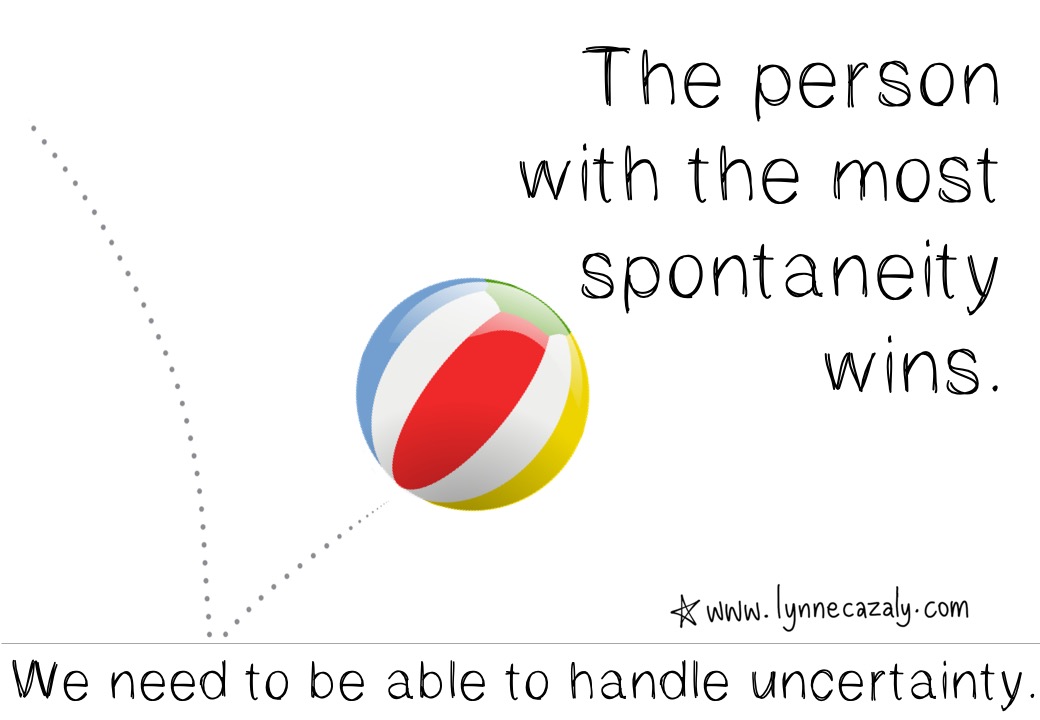Working out what we think
 Friday, December 20, 2019 at 11:51AM
Friday, December 20, 2019 at 11:51AM  As we cycle around something, a situation, an idea, a problem, a possible solution, we're usually trying to work out our relationship with it, to it. We're working out what we think, what we know and what we should or could do ... if anything. We exchange information with others. We try to advance the conversation.
As we cycle around something, a situation, an idea, a problem, a possible solution, we're usually trying to work out our relationship with it, to it. We're working out what we think, what we know and what we should or could do ... if anything. We exchange information with others. We try to advance the conversation.
Our opinions may not be fully formed. Our ideas may initially be hunches or hopes.
When we're in dull meetings, that perhaps should be exploring our relationship and connection to information, rather end up being status plays and waffle-fests with little if any structure to guide us through this exploration and sensemaking.
'Busy' leaders with time pressures don’t engage in or lead sensemaking activities often enough. But they pay the price later when team members are disengaged, disconnected, disinterested.
Spending some time deliberately making sense of ideas and information is engaging, exploring, discovering. It’s not time wasting but insight gathering for more swift and impactful decisions later.
Sensemaking is a super skill for today and most definitely a skill that lends itself to the uncertain future.





















